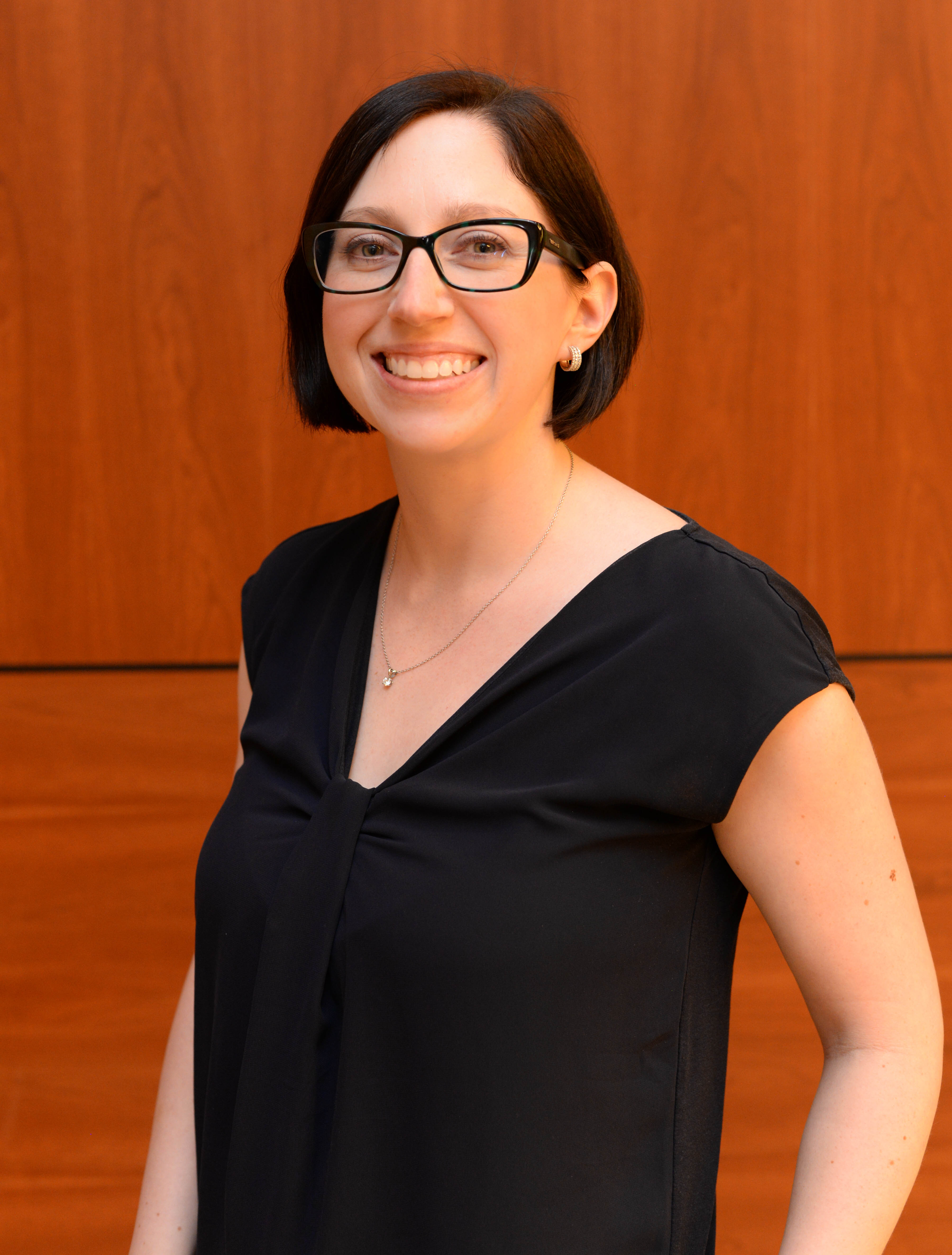
PARO’s Clinical Teaching Award recognizes the essential role that good clinical teachers play in the training of new physicians
Dr. Michelle Morais, McMaster University
After earning her Bachelor of Science (with Honours) at the University of New Brunswick, Dr. Michelle Morais went on to obtain her Medical Degree at Memorial University. She completed her residency and subsequent fellowship training at McMaster University. Dr. Morais recently completed the Clinician Educator Program at McMaster, and received her DRCPSC status with the Royal College. Dr. Morais is currently an Assistant Professor in the Department of Obstetrics and Gynecology and is a Maternal-Fetal Medicine specialist at McMaster where her clinical activities include antenatal clinics, labour and delivery, prenatal diagnosis and obstetric ultrasound. Dr. Morais is the Obstetrics and Gynecology Residency Program Director, and she is an active participant in undergraduate and postgraduate education. Research interests include preterm birth, quality improvement and simulation.
What has fuelled your passion for teaching?
I’m driven by seeing our learners get to their maximum potential. It’s really rewarding to see trainees go from not knowing what to do, to being completely skilled and independent by the time they graduate.
If your learners only remember one thing you’ve taught them, what would you want that to be?
That it’s OK to ask for help or advice. We all need guidance at some point, no matter how experienced we are.
In these challenging times of COVID-19, can you share your perspective about teaching residents?
The pandemic has definitely been a challenge. Our program has taken the philosophy to balance out the learning opportunity with the risk of exposures. We’re trying to pare down the number of learners who are involved in different teaching opportunities compared to what we normally would, but at the same time I think those learners are getting a richer experience. We’re also setting up a lot of Zoom teachings for residents, so that they can maintain different learning opportunities even if they’re not actively working at the hospitals.
How does the currently popular phrase “we’re all in this together” apply to the community of residents you have spent the last few years with?
We’ve made a really great effort in our program to make sure that we’re regularly touching base. We’re making sure that everyone’s engaged in all of the opportunities that we have, so I’m doing lots of emails and meetings and also giving residents the opportunity to reach out to me directly if they have any concerns. Another main focus is wellness—making sure that they know what resources are available locally and electronically (exercise and physical wellness, behavioural therapy resources, etc.).
What advice would you give to a doctor new to the role of clinical teaching?
1) Try and target your teaching to the level of the learner. It might take a bit of time to figure out where that is, so using some inquiry can help you target where the skill gaps are, so that when you’re working together you’re meeting their needs to the best of your ability.
2) Don’t make assumptions about what people know and don’t know.
3) Most of us didn’t receive education on how to be teachers, we received education on what medicine to prescribe or what surgical procedures to perform, but we didn’t necessarily get formalized learning on how to be a teacher. Therefore, I’d recommend they look at their local faculty development and programs that are available to specifically learn about the foundations of teaching and learning and strategies that will help set them up for success.
4) Give feedback in a constructive way that respects the learner. Avoid giving feedback by putting the learner on the spot in front of an audience, which might make them feel uncomfortable.
Do you have a personal mantra that inspires your love of medicine?
Honestly, I just think it’s such a privilege to have the skills to be able to do what we do in our field—to help women through the best part of their life and sometimes the worst part of their life with their pregnancy. So, I just try to make it the best experience possible for the patient.
Finish this sentence: A great role model is someone who…is always striving to keep learning.


